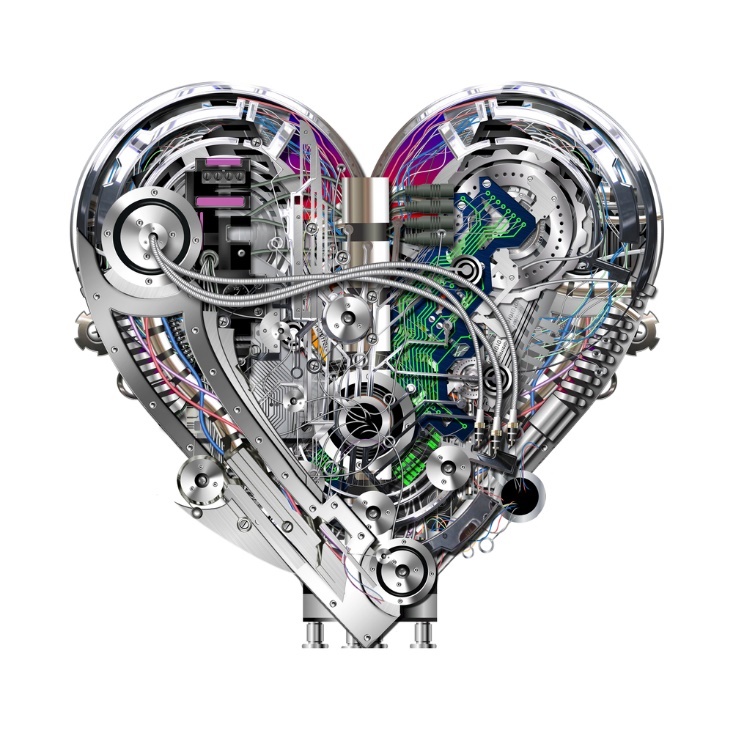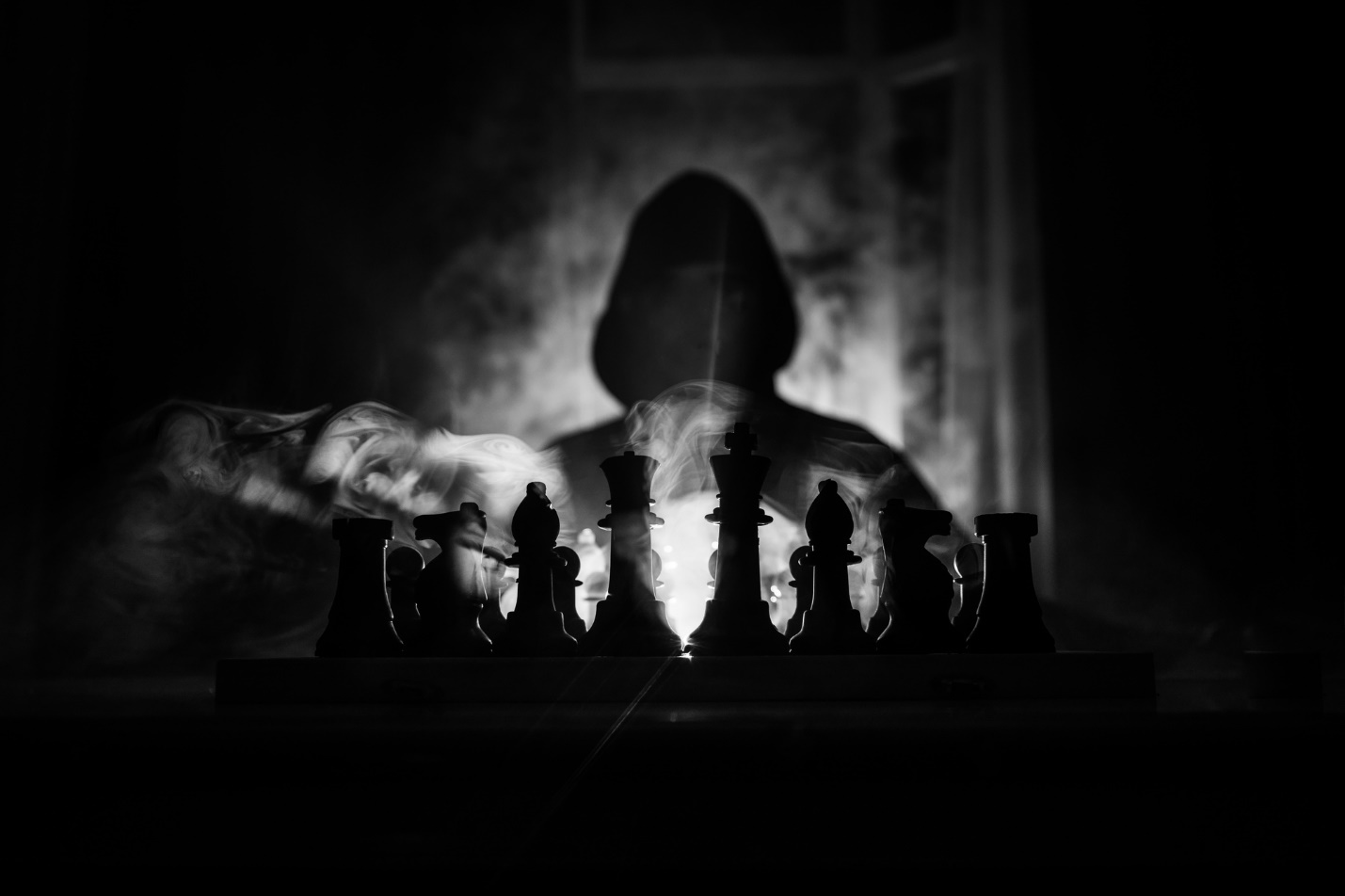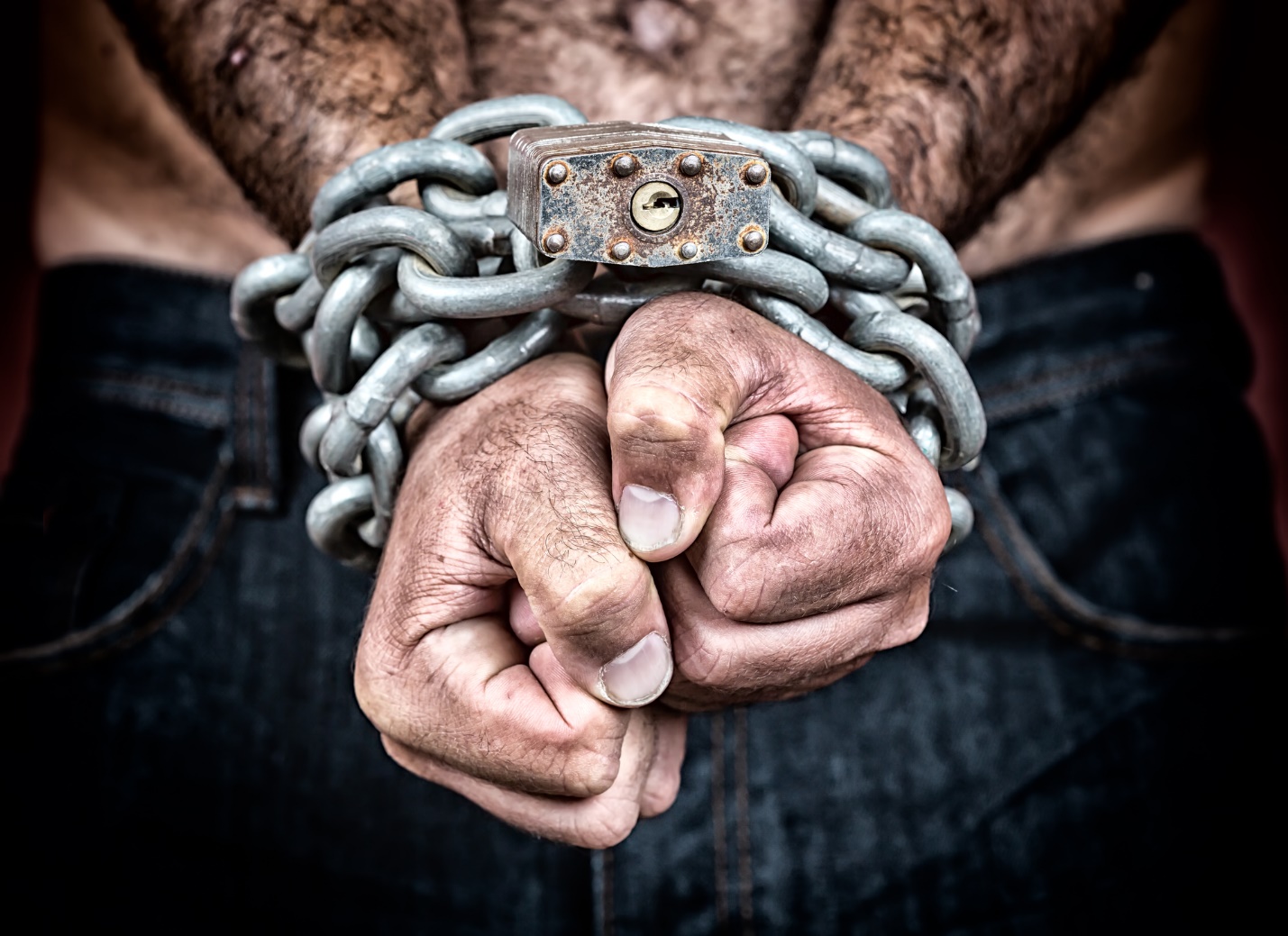BP27
I spoke at his funeral. My father’s funeral. I didn’t say anything about how good a dad he was to me because he wasn’t. Not in all thirty-four years of my lifetime.
I never knew him. He never knew me. We were strangers coexisting in the same house. So, I spoke about his success as a small business owner and how he was always available to help his neighbors when they needed something.

The strange thing is that after the funeral, dozens of people came up to me and told me how much they appreciated my eulogy. Many of them declared that my father was the nicest person they had ever met.
Obviously, they had never been a fly on the wall inside my house. They had never peered through the windows of our house and witnessed what happened there. Could it be possible that besides me, only my mother and older sister had experienced the alter ego of Wally Brown?
What made matters worse was that my mother never once stood up and called my father out for his behaviors. Knowingly or unknowingly, she colluded with him. She tolerated his abusive personality as somehow normal.
In many ways, my father was like the Hulk, except worse: we never saw the nice David Banner. He was either explosively angry or impersonal and detached, an iron flagpole on a freezing day.
He was very good with money, but he withheld it from his son and daughter. He did put a roof over our heads and did feed us, and I am thankful for that–honestly. But beyond that one evidence of thin kindness, he treated us like objects, not human beings.
It wasn’t in him to love me as his son. He did value me if I performed well academically or in sports or public speaking. I know I made him look good at those times because I heard from my mother that he would brag about me to his friends. But he never thought to say an encouraging word to me. What’s up with that? You’d think he would slip up even once and tell me he was proud of me.
Okay, when I achieved something of particular significance, he would glance at me and his granite countenance would soften just a bit. But only his eyes. He never did smile at me or slap me on the back or take me camping or show me how to throw a spiral. That would have required the Public Wally Brown to enter our house and that never happened. Public Wally only existed for those outside our house.
Besides, he was too busy working and making money in an attempt to prove that his father was wrong about him.
I don’t think I know to this day which Wally was real. Was the irritable-at-best Domestic Wally who lived in our house the genuine Wally Brown or was it the Public Wally who smiled at everyone and offered every child a piece of gum? I guess there was a David Banner in my father. He just never came into my house.
The one time I asked my father if I could have gum from the pack that was sitting on the lamp table next to him, he growled that if I so much as touched a piece, he would break my arm.

My father had a heart problem. Yes, Public Wally could be nice to others outside the house, but he never truly loved anybody. I think he manipulated people in public with faux kindness so they would hire him to lay one of his perfect wood floors in their houses.
But in the end, they, too, were objects to him. His heart had eroded away a long time ago and he only wanted things from others. He didn’t have anything to give to them. Not really. He gave to get. Always.
I would have gone crazy except for my older sister.
She was the only one who saw what I saw and, unlike my mother, spoke of it for what it was. Never to Dad’s face, of course, or to mom, but to me in private. If my sister would have been like mom and colluded with our father’s unfatherly presence inside the house, I would have considered myself certifiably insane.
Pity the person who sees the emperor without clothes and has no one else to agree with his perceptions.
My father didn’t sexually abuse my sister and me. Nothing like that. He never even struck me once, although he often towered over me with his 6’6” frame in such a threatening posture that I shrank away from him.
Is it possible that he did something worse than physical or sexual abuse, or at least as bad? What was his sin against me, anyway? It’s difficult to describe.
He annihilated Maggie and me. Especially me. Why, I’ve never fully figured out. Maybe because I was the male. Females were not usually targeted by him for personality dismantling. I was clearly his black sheep. I was the target for his anger and shame, and he rarely missed the bullseye.
I hated my mother for never defending me when father erased me.
She was such a fragile person that she was simply incapable of moving toward conflict or ever disagreeing with my father. I interpreted her lack of response as silent approval of my father’s behavior toward me.
For years, I thought that what my father did to me was normal. I believed that I deserved it, that I was completely bad and worthy of condemnation.

Ironically, I erased my mother the way my father erased me. I didn’t crush her with anger and shame. I simply wrote her off as a nonperson.
I had zero respect for her. I totally discounted her as someone worthy of any respect. She always needed someone to take care of her poor, wounded, pathetic self. Emotionally, she was somewhere around eight years old.
Admittedly, it probably didn’t help that her mother died when she was young, and that her alcoholic father was incapable of raising her and her seven siblings.
Since my father seemed so big and strong compared to her timid and helpless self, I did look up to him even though I despised him as well. At least, he didn’t cry at the slightest hurt or present himself as afraid of everything in the world.
So, I became a lot like my father, I think. I killed anything in me that I considered weak or needy or emotional. In doing that, I divorced the part of me that was capable of loving someone else. I encased my heart with layer after layer of my father’s sacred wood flooring; probably hickory because it’s so hard.
I created a persona who was self-sufficient and bulletproof. In this persona, I would never be like my weak mother and I would never need my father or expend energy hating him. Talk about killing two birds with one stone.
Yes, my persona mostly extinguished my desire to kill my father as he had killed me. But the persona never stopped despising my own internalized weakness and badness that my father kept finding in me and pummeling like a boxer pounding his opponent’s broken rib.
My father died in memory care over a period of sixteen months. I felt guilty at my huge relief (and even happiness) when, with a careful plan, I and my brother-in-law (my mother was too weak to participate) lured him to the care facility to visit an old friend of his and then left without him.
In his few lucid moments, he hated me for that. Of course, he had always hated me. As usual, I was the target for his condemnation and anger—the one to blame.
He was such a difficult personality in the memory unit that they had to separate him from the rest of the population whenever possible. The staff said that dementia could change a person’s personality and make them mean. I knew otherwise—at least about my father. The dementia simply removed the thin layer of hardwood veneer that had scantily covered his true personality for decades. Everyone was finally witnessing the Wally Brown who had existed in our house.
I went to visit my father with my mother not because I wanted to see him but because her personality did not function on her own and she was incapable of going alone. She always needed an accompanying personality to prop her up, to daily resuscitate the semblance of a self that existed in some dark corner of her soul.
I believe that’s why she married my father—she could tolerate an engulfing personality because she barely had any personality of her own. Her emotional umbilical cord could attach to his strong personality (strong outwardly but weak inside).
Developing a self is not a slam dunk in this universe.
The last few days of his life, my father experienced some type of pain. Whether physical or mental, I do not know. What I do know is that he would grab the railing of his hospital bed and suddenly sit up. His eyes were vacuous, unseeing.
Every time he abruptly sat up, I grimaced. My sister jumped. I had been programmed to react to any unexpected movement by my father for decades. Sudden jerky motions, growls and eyes that drilled completely through my head were warnings of the doom to come.

It wasn’t primarily his caustic anger that scared me. Anger I could handle.
No, it was the total annihilation that accompanied it. The utter dismissal that erased me like a stick figure drawn on a chalk board. The look on his face of infinite disappointment. The disemboweling comments that I was stupid, foolish, and didn’t even have the sense I was born with.
I felt like I had been field-dressed like one of the many deer my father had slain over the years.
But even more eviscerating than his looks and words, there was the unmistakable tone of voice that communicated that I had not just made a mistake–I was a mistake. I was nothing in those moments—except all bad. There was absolutely nothing that justified my existence. I was unlovable, unwanted, abandoned.
The room was full of darkness on these occasions, and so was I. I can’t count how many times I was on the verge of killing myself after an annihilating episode that might be as short as one withering look or as long as a four-hour lecture reciting all my damning deeds from the previous decade.
Four years after my father’s funeral and three years after I began therapy, I realized why these encounters with my father were so destructive to me. At the encouragement of my counselor, I did some research on my family history and discovered that my grandfather had treated my father even worse than Wally treated me. Annihilation was the air the Brown men breathed.
And my great grandfather had treated my grandfather even worse. From what I learned, the pattern had been similar with my great great grandfather and his offspring. His son had accidentally shot and killed my great great grandfather while hunting in the woods.
There were whispers in the family that it had been intentional.
I read a book on shame and realized that the concept described my family quite accurately. The fathers in my family tree since the Civil War were poster children for the transmission of shame from one generation to the next. Instead of passing on encouragement and instilling confidence in their children, the Brown fathers perfected a legacy of condemnation and threw anchors to their drowning sons instead of life ropes.
Said another way, my father and his progenitors were kryptonite to their offspring. The children in the Brown family walked away from encounters with their father feeling worse rather than better, experiencing depression and anxiety instead of love and pride.
An epiphany recently struck me out of nowhere. For the first time in my life, I realized that shame in my family was passed down from one generation to the next like a valued family heirloom and that this shame had an accumulating affect. In other words, when my father annihilated me, I was receiving not only his badness but the badness of all the Brown fathers who had gone before him. Family crap rolls downhill, right?
The visual that came to my mind was a downpour in the desert where the water comes trickling, then flowing, then rushing down from all the hills and valleys until it eventually engorges the lowest and widest valley with a wall of water that destroys everything in its path. My ancestors rained down disapproval and condemnation and dismissal that messed me up beyond any recognition.

The night after I experienced the epiphany, I had a dream that my father and his father and his father and his father were all standing around my bed. In fact, the room was full of fathers and mothers from generations of Browns. I only recognized a handful of them because they didn’t show up in human form but as chess pieces. They were there to communicate their divorce of me, the disappointing one who was only bad with no redeeming virtues.
Ever since that night, I have lived with the awareness that shame accumulates from one generation to the next until someone breaks the legacy. If no one does, the crushing weight of the badness and the sinking power of the anchors accumulate and are visited on every child—some more than others—until one day, a son or daughter is so defined by that badness that they suicide as an escape from the accusing pronouncement that they are unlovable and unwanted.
I walk the edge of that precipice every day.
**
The account above is a true story. I have heard it from many people I have counseled over the years. Some have died at their own hands. Most continue to flounder through life as they battle the internalized voices of parents who dismiss their children instead of facing their own shame and shortcomings.
In many of these cases, the parents were indeed transmitters of evil who even went so far as to tell their children that they were going to hell or that they were never good enough to be loved. In some cases, the parents were not attempting to pass on shame, but the child perceived it so. Never dismiss the power of perception.
Let it be loudly proclaimed here that most parents desire good things for their children. But there are some that are incapable of that and are only able to transmit badness and evil.
What is the application of this story and others like it?
Always be ready to feel around the rim of a person’s soul and listen well when you observe any of the following in the people around you:
- An ability to experience God’s grace in their hearts even when their head tells them it’s true
- An unshakable tendency to view God as judgmental and wrathful—someone to be afraid of
- Perfectionism that never leads them to feel good enough
- Connected to all three of the points above, watch for a tendency to think they have to earn God’s love with performance instead of receiving the unconditional love of their heavenly father
- A habit of transferring their shaming parent onto others (especially other authority figures) and then fearing that they are being watched or judged
- A general irritability that is a sign of living out of a persona instead of their true self that God created from the beginning.
The gospel of Jesus is the best news for someone held hostage by generational shame. Why? The core of the gospel is mercy and grace.

In His mercy, God announces that those who seek Him will not receive judgment and condemnation from Him even if we deserve it due to our sins. In His grace, Jesus pronounces that when we believe on Him, He will make us holy and righteous instead of relying on our efforts for performance or achievement.
Be patient with those who have been recipients of generational shame. Ignoring the accusing voices and not believing the annihilating faces will take them some time to master—often even after they have come to know the love of their heavenly father.
They have ingested a Presence that shames them and drives them into hiding and toward the construction of false selves that may present on the outside as humor or perfectionism or depression.
Only a consistently safe and loving Presence will eventually lead them to open the thick and rusted door of their dungeon cell.
Love these individuals as Jesus loves you. The unconditional love of the heavenly father is their only hope to escape the crushing shame. Satan delights in such accusations. Jesus came to shatter these shackles and eclipse their badness with joy and peace.
He came to set the prisoner free, whether they be held captive by the shame of their sin or the shame laid on them by others.
If the narrative presented above is your story, always remember that God is the great Physician who brings healing for your heart and mind.
The antidote to shame is amazing grace.
The antidote to self-hatred is God’s unconditional love.
The antidote to hearing the memorized accusations is practicing Jesus’ Presence every day as a best friend.
The antidote to hiding within the persona of a false self is the Father’s voice saying, Open the door and I will enter your heart to adopt you as my child and to bring you home to live in my house forever. I will never be your accuser but will always be your defender.
When Jesus is your defender, no one can prosecute you ever again. Oh, the enemy will attempt to, but the voice of Him who lives in you will become louder than the voice of the ancient serpent who seeks to steal, kill and destroy–especially as you practice God’s Presence and memorize His promises for you.
He will also surround you with a band of fellow believers who will fight with you to silence the voice of deadly shame.

If God is for us, who can be against us? He who did not spare His own son but gave Him up for us all, how will He not also with Him graciously give us all things? Who shall bring any charge against God’s elect? It is God who justifies. Who is to condemn? ~ Romans 8:31-34
